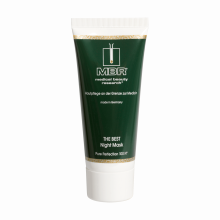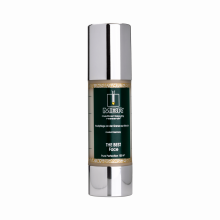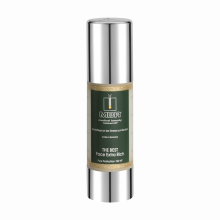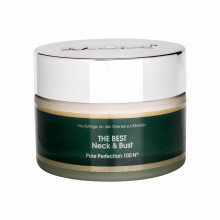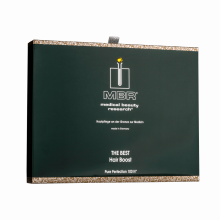Age Adjustments
As we age, our skincare needs indeed change. First, in our young years, we have got to fight terrible acne. After that, in our 20s, it seems like smooth sailing until the 30s appear, and we start to lose our ability to retain moisture and discover our first lines. Then, in our late 30s and 40s, the battle of the age spots begins. Then later, in our 50s and 60s, we need to fight with the drying out skin that can begin to plague us after menopause. If we continue working on our skincare, however, the prize can be extremely beneficial. Imagine looking decades younger than we are!
Why Some Look Younger (or Older) Than They Really Are?
Biological and chronological age are rarely far apart, but they certainly are not the same. Lifestyles and genetic dispositions can vary the rate of skin aging in large degrees. Imagine, for example, a 20-year-old who has spent countless hours in the sun and had not used sunscreen. That person would undoubtedly benefit from strong moisturizing anti-wrinkle treatments usually reserved for people in their 50s or 60s. Early menopause could be another reason for a biological/chronological skin to the age difference.
MBR's anti-aging collection
Basic Skin Care is Essential no Matter the Age.
It's recommended to follow the basic routines as outlined above. Make sure that your routine matches your skin type and make absolutely certain that you protect your skin from the sun with the appropriate sunscreen product. When all of that is in place, you can determine whether you should investigate age-specific steps in your skincare regimen.
How to Take Care of Your Skin at Every Age
The pages which follow cover key issues of skincare specific to a particular age group. Please select the one applicable to you.

